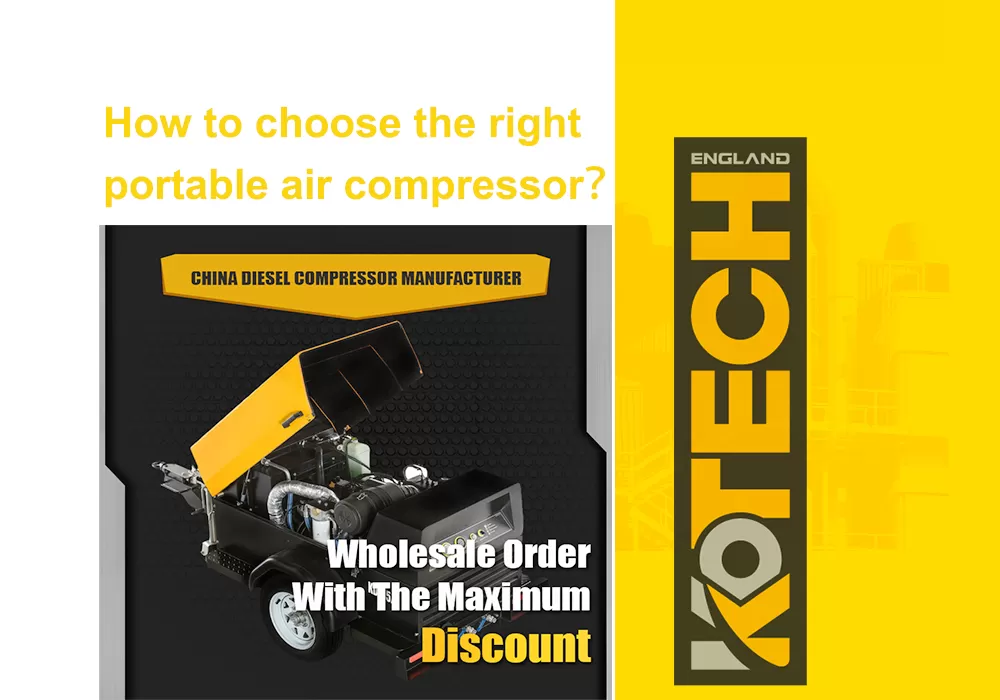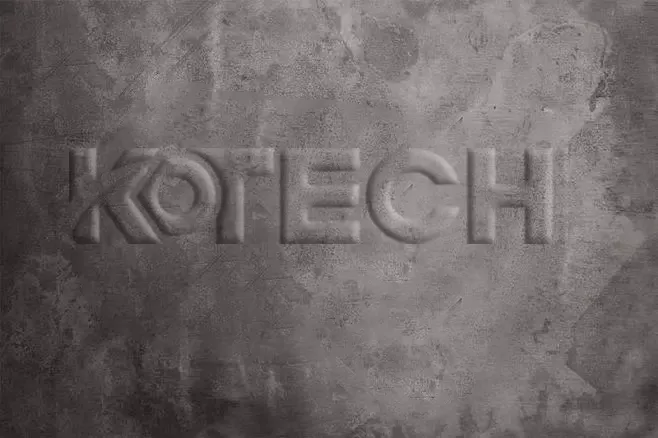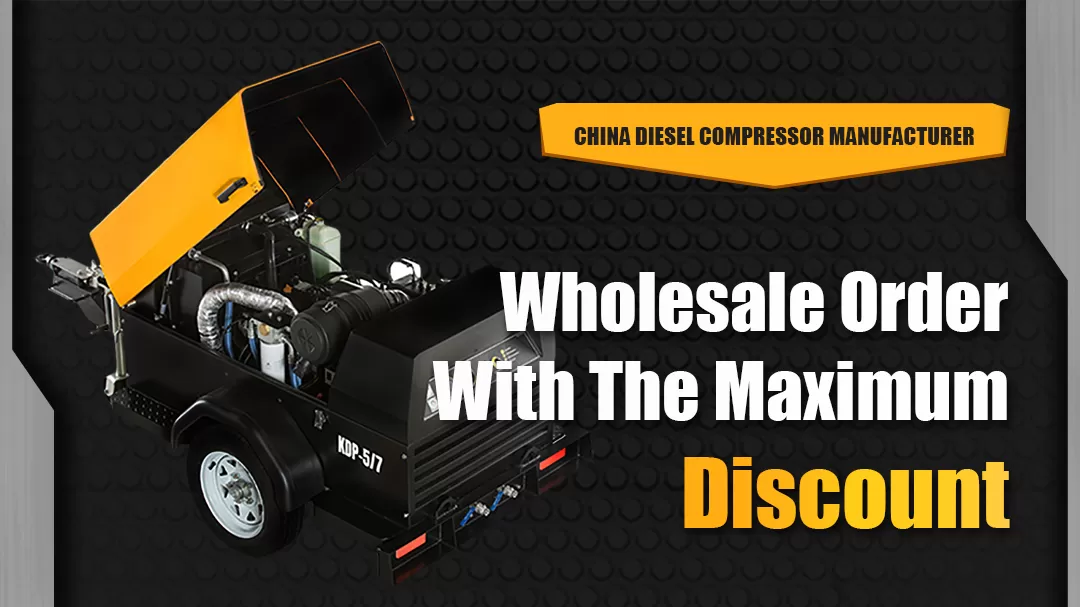What to look for when buying a portable air compressor
The first things to consider are the types of construction sites you’ll be using your compressor for. This will help you narrow down which model of air compressor you need, as well as its performance capabilities. The two types of construction sites are light-duty and medium-duty. Light-duty sites include residential, commercial, and light industrial sites.
These areas usually don’t require high-pressure air, meaning a light-duty model is suitable. Medium-duty construction sites involve heavier machinery, like construction and demolition sites. Utility sites, such as gas and water, also require a medium-duty compressor. When it comes to the horsepower (HP) of the engine, the lower the HP, the better. It means the engine will run more quietly and last longer. Further Reading: How much horsepower do I need for my compressor?
Light-duty portable air compressor
Light-duty compressors are used for light-duty construction sites. They produce lower pressures when compared to medium-duty compressors. They’re equipped with smaller engines and generally have a smaller tank. Smaller tanks mean less containers are required to move the compressor around the job site, but also less stored air. These compressors are designed to handle finish work such as finish nailers, finish sanders, finish staplers, and finish hammers.
They’re not designed to power pneumatic tools that require large amounts of air. Light-duty compressors are best used at residential, light commercial sites, and light industrial sites. They’re capable of supplying air up to 100 psi.
Medium-capacity portable air compressor
Medium-capacity compressors are designed for heavy-duty construction sites. They produce higher pressures when compared to light-duty compressors. They’re equipped with larger engines and have larger tanks. Larger tanks mean more air is stored and can be used until a refill is needed. These compressors are designed to power pneumatic tools like grinders, nail guns, and impact wrenches.
They’re not designed to power pneumatic tools that require low pressures, like spray guns. Medium-capacity compressors are best used at construction and demolition sites, utility sites, and industrial sites. They’re capable of supplying air up to 100 psi.
Which type of engine does your compressor use?
Diesel engines are the most common engine types used in portable air compressors. The type of engine your compressor uses will determine its features and performance. It’s important to consider the amount of noise and exhaust emissions your compressor produces, its fuel type, and its power source (manual or electric start). Engine noise levels are measured in decibels (dB). A portable air compressor producing noise levels below 85 dB are considered quiet.
How much pressure can your compressor produce?
The amount of pressure your compressor produces will depend on the type of construction site you’re using it for, as well as its engine type, engine HP, and size. For example, you’ll need a higher pressure for a finish nailer than you would for a finish stapler. If you’re using the compressor for finishing work, you’ll need a psi range between 60 and 100. Engine type will also decide the psi range. For example, a rotary engine is capable of producing between 40 and 60 psi, while a diesel engine can produce between 60 and 100 psi.
Other things to consider
- – Sizing and capacity – The size of your compressor will depend on the demand and capacity of your tools.
Remember, you don’t want to oversize your compressor because it will be running at low capacity and you’ll be wasting fuel.
- – Size and weight – The size of the compressor is the most important factor when it comes to portability.
A compressor’s size and weight will determine how easily and efficiently it can be transported on and off the job site. The smaller and lighter your compressor is, the easier it will be to transport. – Noise and sound emission – The decibel level of a compressor is important because it determines the level of noise it produces.
A quieter compressor will be more convenient for your crew and customers. – Price – The price of your compressor will depend on the type of construction site it’s designed for, the engine type, engine HP, and size. Always remember you get what you pay for. A higher-priced compressor is designed for heavy-duty use and long lasting.
For more information about air compressors, remember to follow Kotech.
we offer a wide selection of high-quality air compressor packages in attractive prices, complete after sales, services with spare parts delivery within round a clock.




